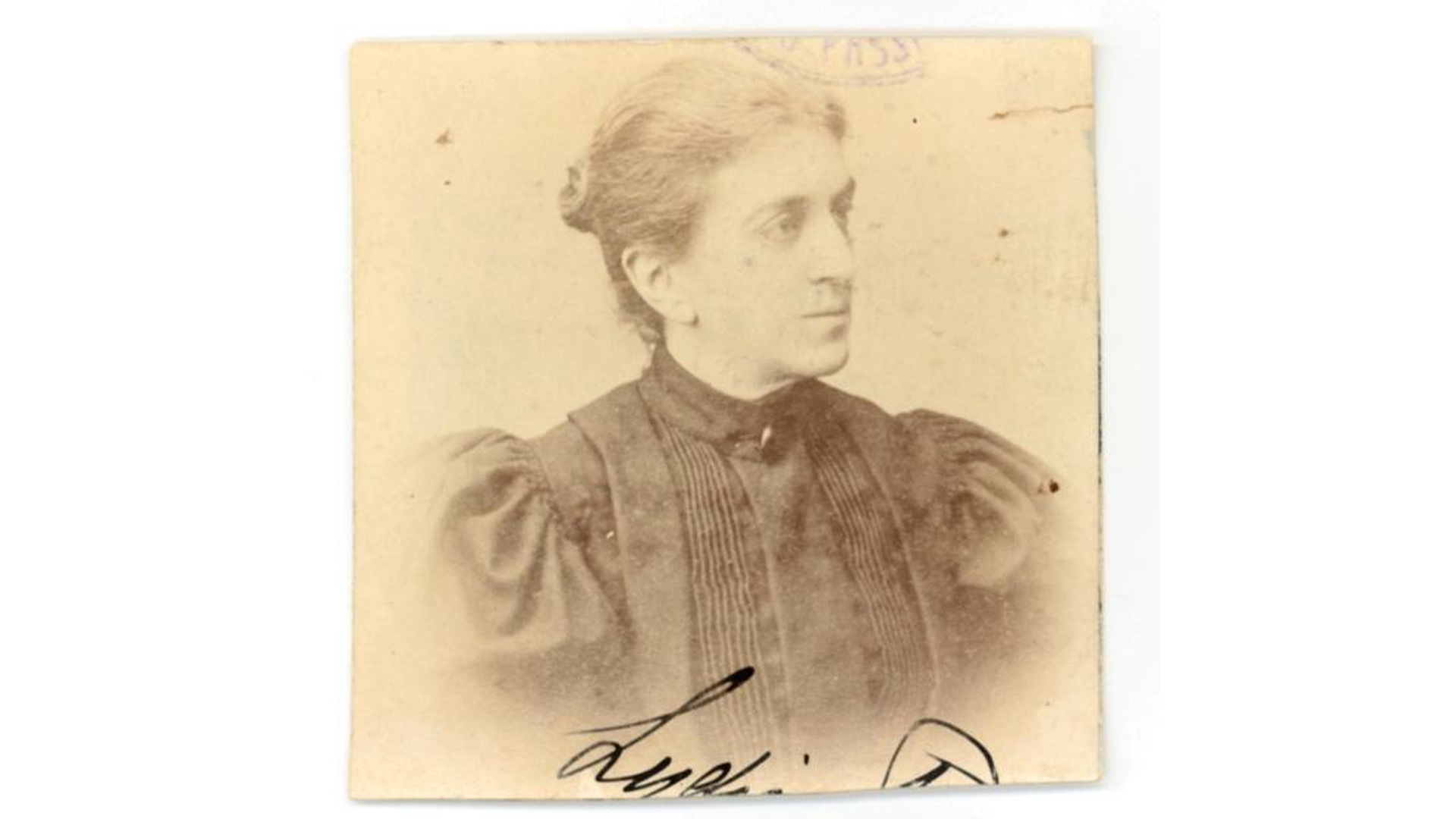The new Italian Netflix show “The Law According to Lidia Poët” is making waves on social media, not only for centering on a fight for gender equality in Italy during the 19th century, but also for claims of historical inaccuracy. The show, set in Turin, Italy in 1883, focuses on Lidia Poët, a recently disbarred lawyer who was the first woman to ever practice law in the country. But was she really the first?
Cecilia di Lernia, a lawyer and counselor for Legality and the local police of the Municipality of Trani, a town in Puglia, would say otherwise. “I wrote to Netflix, Lidia Poët is not the first lawyer in Italy but the first woman enrolled in the Turin Bar Association. The first lawyer in Italy was Giustina Rocca di Trani,” said di Lernia, according to Italian newspaper La Repubblica. “Giustina was the first female lawyer in Italy and in the world.”

Photo of the actual Lidia Poët
“The Law According to Lidia Poët” is a six-part series that follows Poët, a young woman who, despite being a law graduate, cannot practice law because she is a woman. Poët is therefore relegated to being an assistant to her brother, also a lawyer, a job in which she reveals keen detective skills. Poët is played by Italian actress Matilda de Angelis.
Poët was a real historical figure, born in 1855. She graduated from the University of Turin’s law school in 1881 and was admitted to Italy’s bar in 1883, much to the shock of Turin’s all-male legal community, according to Netflix. She practiced law for three months before she was disbarred by the attorney general who proclaimed that women had no place in a courtroom. According to Netflix, although her career ended, the attorney general’s ruling ignited a fierce national discourse about gender equality, which eventually resulted in Poët being readmitted to the bar in 1920, at the age of 65.
As remarkable as Poët’s legal feats were, she wasn’t the first female lawyer in Italy, according to di Lernia and Giangregorio De Pascalis, a lawyer and president of the Penal Chamber of Trani, which is named after Rocca. “Rocca is a symbol of equal opportunities and progress, a forerunner of the most modern battles of the right of gender equality,” said De Pascalis to La Gazzetta del Mezzogiorno, an Italian daily newspaper. “She is to be considered a beacon for the entire Tranese and European legal profession.”

(Photo Credit: Netflix)
Rocca, born in Trani sometime in the mid to late 15th century, can be considered the progenitor of the Trani court. Her name has gone down in history thanks to an arbitration award, which is a legal term for an arbitrator’s final decision, that was rendered on April 8th, 1500. Rocca was commissioned by the Venetian governor at the time to settle a hereditary dispute between some nephews, according to La Gazzetta del Mezzogiorno.
“It is documented that Giustina asked for and obtained the translation into the vernacular of the introductory document and the sentencing of that judgment,” says Giuseppe Losappio, a professor of criminal law at the Universita degli studi di Bari, to La Gazzetta del Mezzogiorno “It was a remarkable step forward on the road to what we now call ‘due process’ because most of the people did not understand the Latin language in which the judicial documents of the time were written.” This document and Rocca’s work is thought to have influenced William Shakespeare’s character Portia in the 1600 play “The Merchant of Venice,” according to La Gazzetta del Mezzogiorno.
And while Rocca may finally be getting her due as the widely recognized first female lawyer in Italy and the world, Poët was still an important part of Italy's legal history and the country’s fight for gender equality. “We cannot forget the important contribution that Lidia Poët, the first lawyer of a united Italy, made to our profession,” explains De Pascalis to La Gazzetta del Mezzogiorno. “We owe her the law of the ' 19, which also allowed women to practice the profession.”
Asia London Palomba
Asia London Palomba is a trilingual freelance journalist from Rome, Italy. In the past, her work on culture, travel, and history has been published in The Boston Globe, Atlas Obscura, The Christian Science Monitor, and Grub Street, New York Magazine's food section. In her free time, Asia enjoys traveling home to Italy to spend time with family and friends, drinking Hugo Spritzes, and making her nonna's homemade cavatelli.

